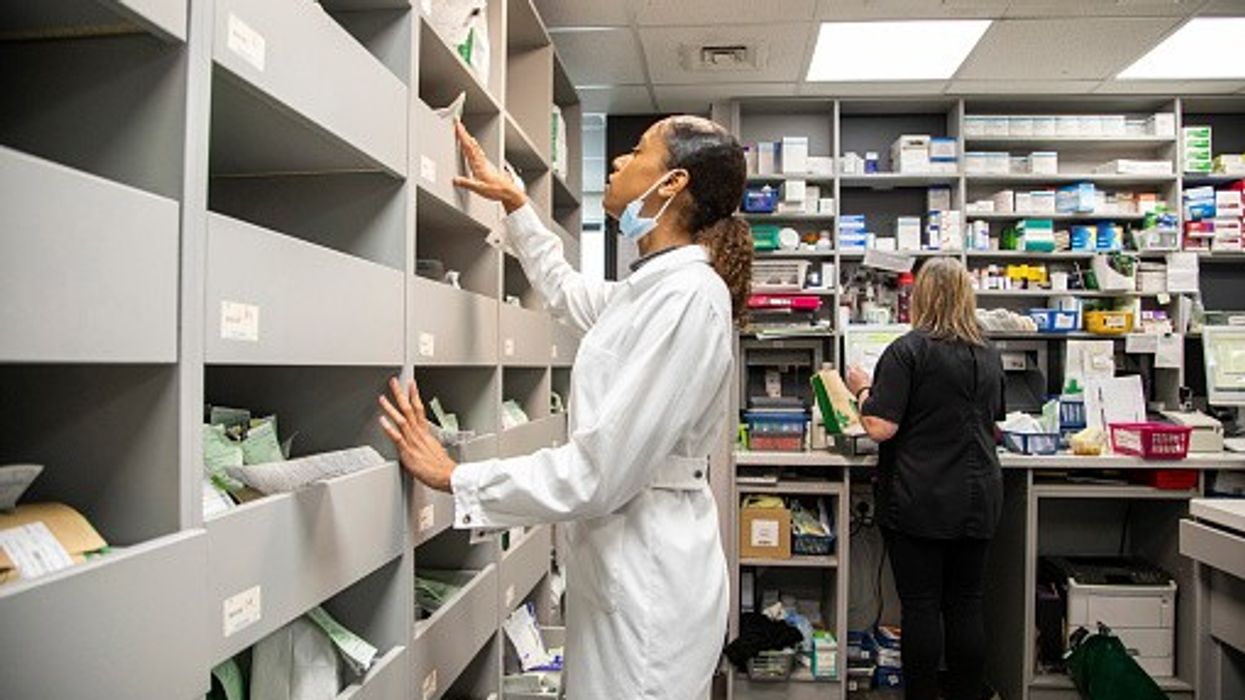Rise in employers' National Insurance contributions and the National Living Wage to cost pharmacies £200 million a year
The National Pharmacy Association (NPA), the Company Chemists’ Association (CCA), Community Pharmacy England (CPE), and the Independent Pharmacies Association (IPA) have united in urging the government to shield community pharmacies from the impact of the Budget increases.
In a joint letter to the health secretary Wes Streeting MP, they have highlighted that rises in employers’ National Insurance contributions and the National Living Wage could cost community pharmacies £200 million a year in unplanned costs.
They have warned the government that ‘without mitigation, these additional costs will push many pharmacies more towards insolvency’, leading to more closures and cuts to vital health services for patients.
From April 2025, the national living wage will increase by 6.7 per cent to £12.21 per hour, and the national minimum wage for 18–20-year-olds will increase by 16.3 per cent to £10 per hour.
The Budget also introduced a hike in the amount employers pay in National Insurance contributions. From April, the rate will go up from 13.8 per cent to 15 per cent, and the salary threshold at which it is paid will fall from £9,100 a year to £5,000.
Analysis by CPE found that the National Insurance hike would cost pharmacies an estimated £50 million whilst increases in the National Living Wage could cost between £115 and 152 million.
The pharmacy organisations have stressed that “imposing very significant additional costs will further undermine the already perilous financial position facing the pharmacy network”.
They highlighted that while the government has committed to offsetting this cost for the NHS, it has made no such commitment for community pharmacies, despite the sector relying on NHS medicines and services for around 90% of its income.
“The Budget served as a hammer blow to pharmacies across the country, who have already had to cope with cuts to their funding and record numbers of closures,” said NPA chair Nick Kaye.
He pointed out that, unlike most businesses, pharmacies cannot pass these costs onto their patients and have limited means to absorb them themselves.
They cautioned that, without the mitigating action, pharmacies may be forced to cut back on their opening hours or shut altogether, which could lead to more patients visiting A&E or urgent treatment centres.
Malcolm Harrison, chief executive of the CCA, stated that pharmacies are already suffering from an “annual funding shortfall of more than £100,000 per pharmacy.”
Highlighting the impact of pharmacy closure, he said “3.4m hours of pharmacy access have been lost per year between September 2022 and June 2024 alone.”
“The community pharmacy network cannot be left to wither away – we need action to mitigate the impact of these additional costs,” he added.
The organisations reiterated that pharmacies are closing at record rates due to funding cuts, inflationary pressures, and rising demand, with seven pharmacies closing each week in England this year and approximately 700 closures over the past two years.
CPE chief executive Janet Morrison, said: “The Budget will wreak havoc on an already fragile community pharmacy network.
“Without mitigation these changes could hasten a ‘house of cards’ collapse in the network, with communities across the country quickly beginning to feel the effects as the local pharmacies they rely on are forced to make yet more cutbacks to essential healthcare services.”
The organisations told the health secretary that they support his goals of moving care into communities. However, they warned that if the Budget costs are not addressed, it would “hinder the reform the government wants to achieve and instead see community services facing further decline”.
Morrison added: “Urgent action is needed now to stem these costs and immediately re-set the contract sum to keep pharmacies afloat and to protect communities’ access to medicine supply and health advice.”
Dr Leyla Hannbeck, CEO of the Independent Pharmacies Association, expressed concern that community pharmacy is “hurtling towards a disaster,” which may completely undermine any attempt to fix the NHS and shift care into communities.
“The brutal reality is that local pharmacies have to pay their bills,” Dr Hannbeck stated, warning that “without the mitigating action we call for, these extra costs will be catastrophic for pharmacies.”
“We need urgent actions before these measures undermine community pharmacies' ability to help with the NHS 10-year plan,” she added, appealing to the health secretary for a meeting to explore every option to prevent this.
During a parliamentary debate on Thursday, Liberal Democrat spokesperson for mental health, Danny Chambers, questioned the health secretary about the estimated total cost to pharmacy businesses of the proposed increase in employer National Insurance contributions, both nationally and by constituency.
Responding on behalf of the health secretary, pharmacy minister Stephen Kinnock stated:
"The department of health and social care has indicated that it will not be possible to answer this question within the usual time period."
He added that an answer is being prepared and will be provided as soon as it is available.













